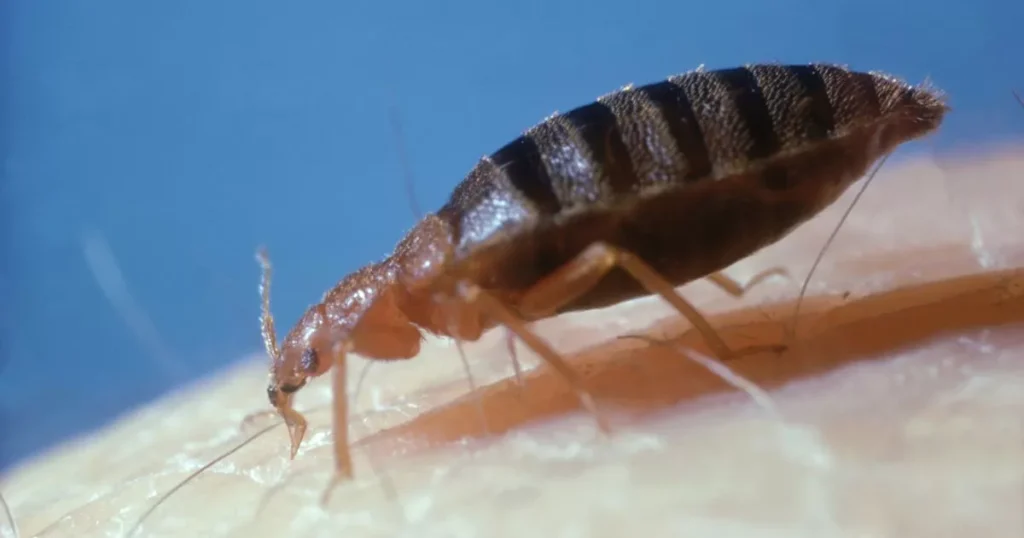The court heard that Jesmin Akter, a 33-year-old woman living in London, pleaded guilty to importing a regulated substance and manslaughter after an 11-year-old girl died from exposure to a deadly gas created by aluminium phosphide. Akter had used this substance to combat bed bugs in her flat, resulting in the tragic death of the child who lived above her. The incident occurred when the aluminium phosphide reacted with moisture in the flat, producing a noxious gas that spread throughout the building. Akter purchased the substance online and imported it from Italy without the required license. She is scheduled to be sentenced on July 18 and may face prison time.
The victim, whose identity remains undisclosed for legal reasons, died after being exposed to phosphine gas from the aluminium phosphide pellets used by Akter in her flat in Shadwell, London. The pellets led to the young girl suffering a cardiac arrest and ultimately losing her life in the hospital. Akter had scattered an excessive amount of the regulated poison in her flat to address a severe bed bug infestation. The aluminium phosphide’s reaction to the apartment’s moisture generated the toxic gas, which traveled to the victim’s flat and caused the fatal incident. The consequences of Akter’s actions highlight the dangers of unauthorized and hazardous DIY pest control methods.
The incident prompted Ian Andrew, Chief Executive at British Pest Control Association, to stress the importance of exercising caution when handling pest control products. This tragedy underscored the risks associated with improper usage of regulated pesticides, such as aluminium phosphide. Andrew emphasized the necessity of consulting professional pest control companies before employing any chemical substances for pest management to prevent potentially lethal consequences. The devastating outcome of this case serves as a poignant reminder of the critical need for responsible and safe pest control practices to protect individuals and prevent similar tragedies from occurring in the future.
Following the pleading of guilty to importing a regulated substance without a license and manslaughter charges, Jesmin Akter awaits her sentencing on July 18. Despite being granted bail, the judge cautioned her that this did not indicate the final sentence’s outcome. Akter’s decision to use aluminium phosphide to tackle the bed bug infestation in her flat resulted in the tragic death of the 11-year-old girl who lived above her. The dangerous gas produced due to the substance’s interaction with moisture in the flat led to the victim going into cardiac arrest and subsequently passing away despite medical efforts to save her. The legal proceedings and sentencing will determine the repercussions for Akter’s negligent actions that led to the loss of a young life.
The authorities revealed that Akter imported aluminium phosphide from Italy and used it in her flat to deal with a bed bug issue that was prevalent in her residential building. The significant quantity of the substance she applied exceeded the necessary amount, leading to the deadly reaction that claimed the young girl’s life. The alarming toxic nature of phosphine gas produced by the substance’s activation highlights the severe consequences of mishandling regulated poisons like aluminium phosphide. This tragic incident underscores the critical importance of abiding by safety protocols and seeking professional guidance when dealing with pest control challenges to avoid catastrophic outcomes and protect public health and safety.
The court proceedings detailed the events that transpired when aluminium phosphide was utilized by Jesmin Akter for pest control purposes in her London flat, resulting in the untimely death of a young girl. The fatal exposure to phosphine gas triggered by the substance’s improper application underscores the lethal consequences of mishandling regulated pesticides. The legal ramifications of Akter’s actions serve as a cautionary tale about the dangers posed by unauthorized and irresponsible DIY methods for pest management. This heartbreaking incident highlights the imperative of adhering to safety regulations, seeking professional assistance when needed, and prioritizing public health and safety when using chemical substances for pest control in residential settings.


